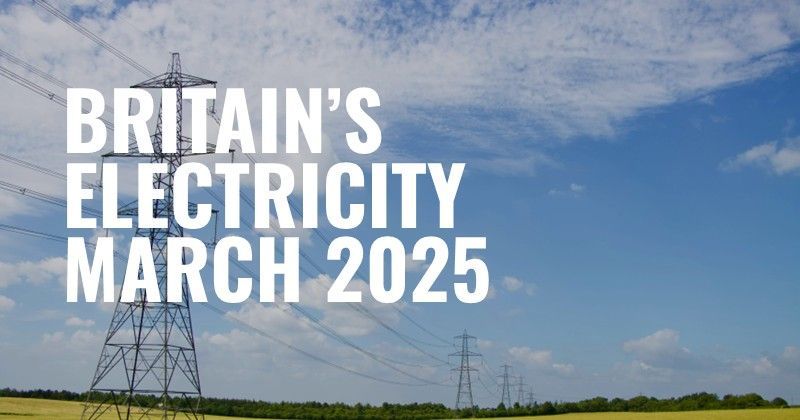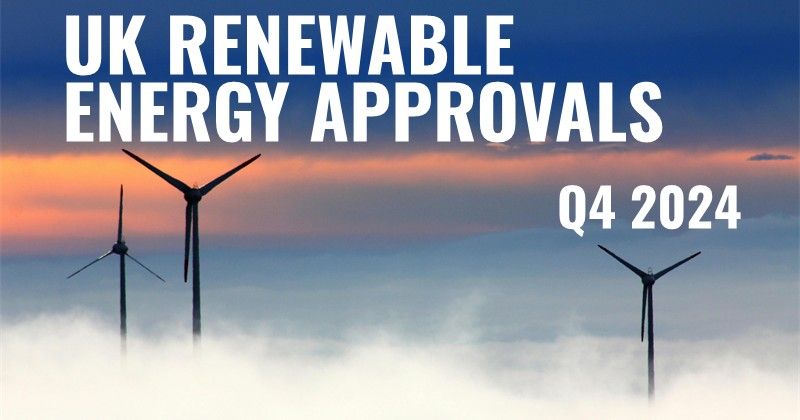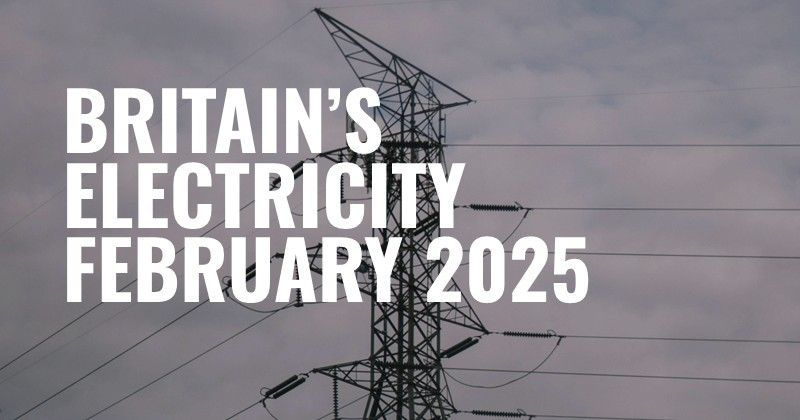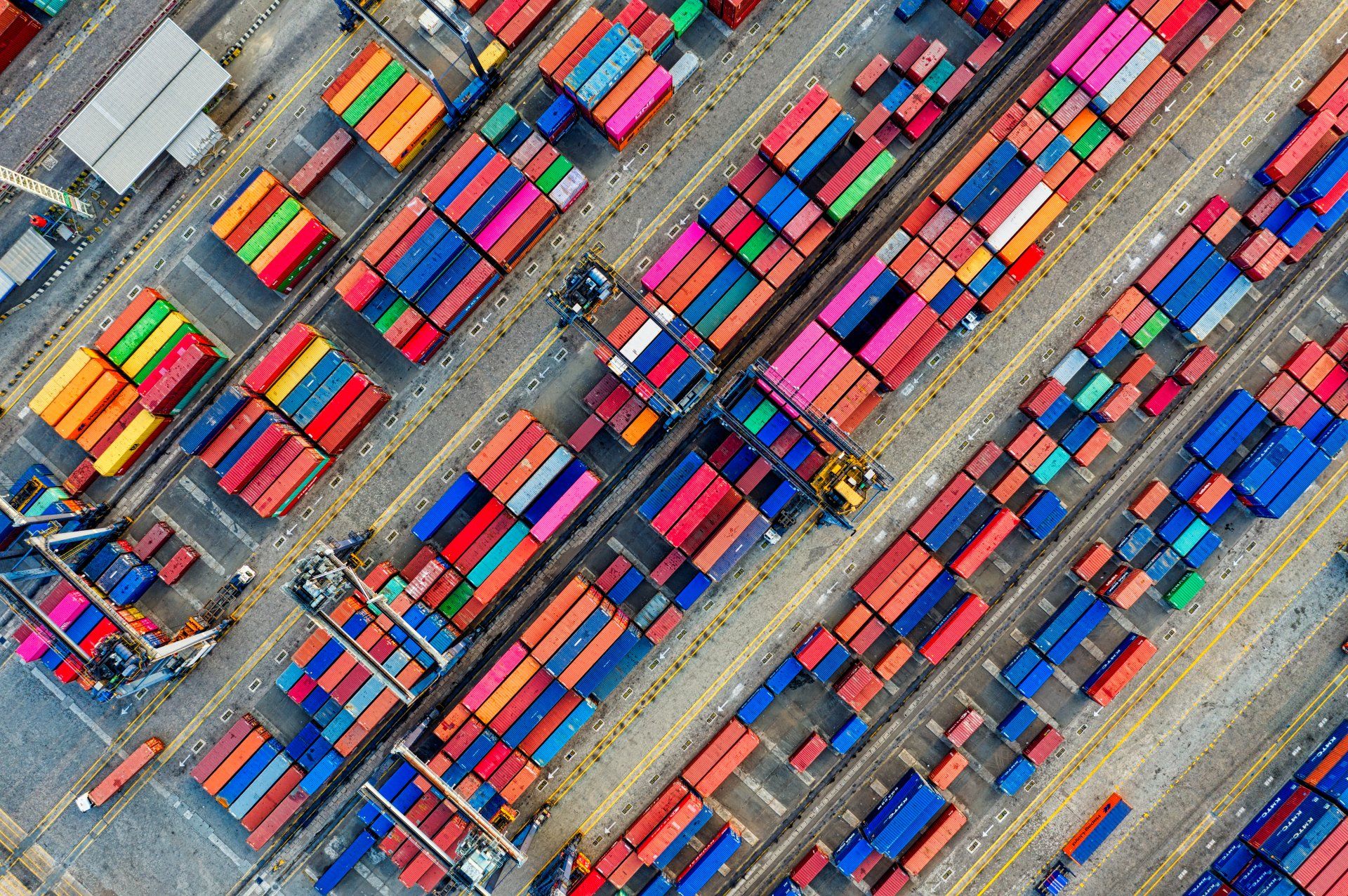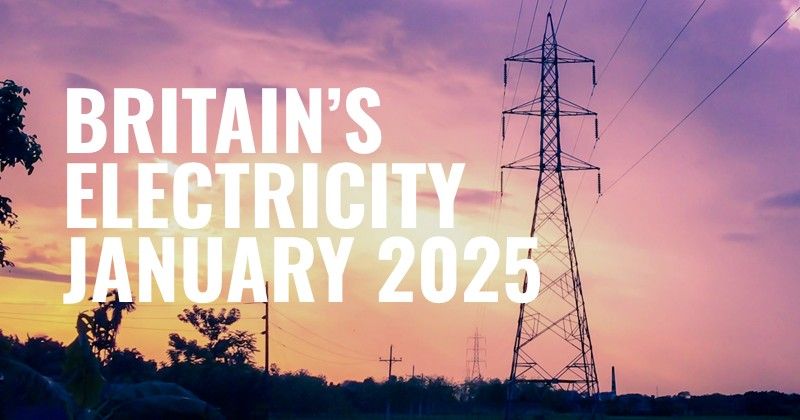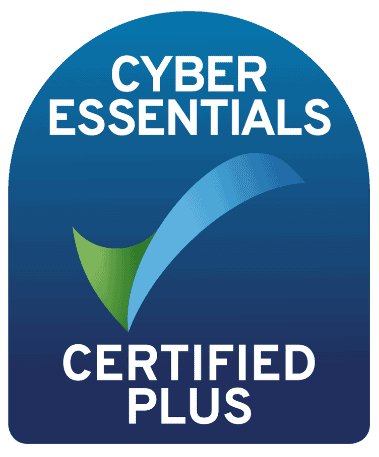The Future of Climate Reporting for UK Businesses
The End of TCFD – What’s Next?
In October 2023, the Task Force on Climate-related Financial Disclosures (TCFD) was officially disbanded after successfully establishing a widely adopted climate reporting framework. With its mission complete, the responsibility for monitoring corporate TCFD disclosures has now transitioned to the International Financial Reporting Standards (IFRS) Foundation.
What Does This Mean for UK Businesses?
Despite TCFD’s dissolution, UK businesses that fall under its reporting scope must continue to comply with disclosure requirements.
The IFRS Foundation has developed new sustainability standards that fully integrate TCFD recommendations—IFRS S1 and IFRS S2. These standards are designed to streamline sustainability-related financial disclosures (IFRS S1) and climate-related disclosures (IFRS S2). As a result, businesses adhering to IFRS S1 and S2 will automatically meet TCFD obligations.
Are UK Businesses Required to Adopt IFRS S1 & S2?
Currently, compliance with IFRS S1 and S2 remains voluntary, as these standards have yet to be incorporated into UK legislation. However, this is expected to change soon.
The UK government has indicated a strong interest in adopting IFRS S1 and S2 into its UK Sustainability Disclosure Standards (UK SDS), currently being developed by the Department for Business and Trade. These standards are set for release in July 2024 and are likely to be legislated shortly thereafter.
What Will Change for Businesses?
Once the UK SDS is enacted, businesses will face more extensive disclosure requirements than under TCFD. In addition to climate-related reporting, sustainability disclosures may expand to include:
- Water usage and pollution
- Biodiversity and resource management
- Social and governance aspects, covering internal and external workforce conditions and business conduct
How Businesses Can Prepare
With sustainability regulations evolving, businesses must proactively enhance their data collection, analysis, and reporting capabilities. Key steps include:
- Identifying and assessing sustainability-related data across operations and supply chains
- Understanding the full environmental impact of business activities
- Developing a clear pathway toward Net Zero
Simplify Compliance with cero.earth
Navigating complex sustainability regulations can be overwhelming. cero.earth, our carbon accounting and management platform, provides a seamless solution for compliance. Our platform:
- Captures and analyzes carbon emissions data across Scopes 1, 2, and 3
- Maps carbon scenarios and tracks performance
- Supports business-defined targets and action plans
With our Managed solution, our expert team handles all data capture and reporting for you. For a fully hands-off approach, our Strategic option ensures complete compliance reporting—so you can focus on what matters most.
Prepare for the future of sustainability reporting today.
Get in touch today to learn more about how cero.earth can help your business stay ahead of regulatory changes.
